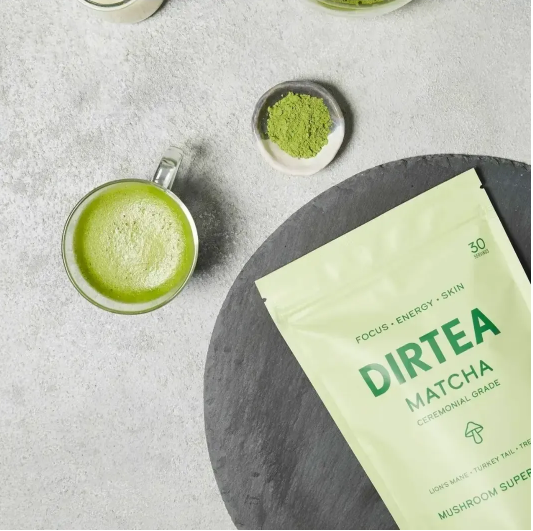Hey there, fellow mushroom enthusiasts! If you’re curious about diving into the world of mushroom powders, let me take you through my personal journey with some of the offerings from House of Shrooms. I’ve been testing out various mushroom powders to see how they fit into my daily routine, and I’m excited to share my thoughts with you.
Lion’s Mane Mushroom Powder
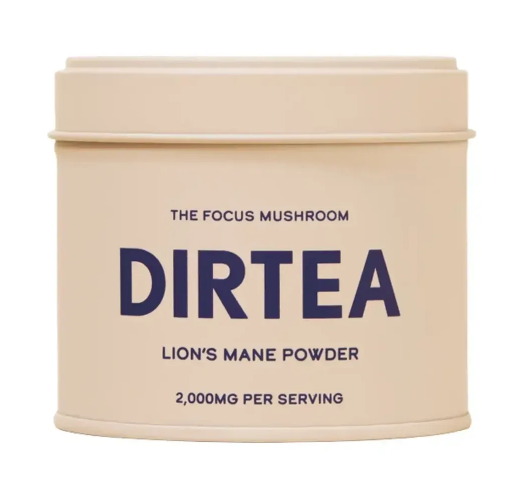
First up is the Lion’s Mane Mushroom Powder from Dirtea. I mixed it into my morning smoothies and found it gave me a subtle boost in focus and mental clarity without any jitters. The flavor was mild and earthy, blending well with fruits and greens. You can grab it here: Lion’s Mane Mushroom Powder.
Chaga Mushroom Powder
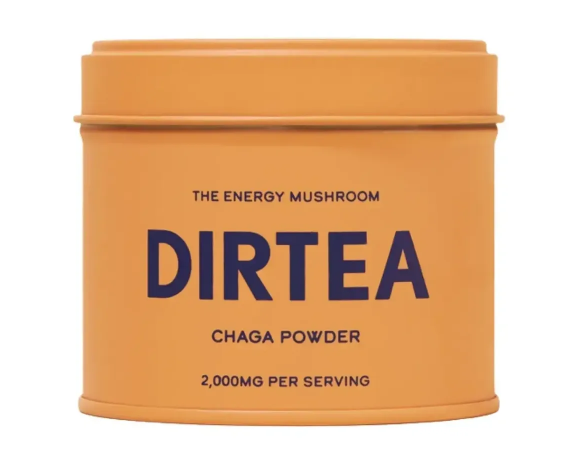
Next, I tried the Chaga Mushroom Powder. This one was a bit more intense in flavor, with a deeper, almost smoky taste. It’s known for its antioxidant properties, and I felt a bit of a health kick after adding it to my teas. Check it out here: Chaga Mushroom Powder.
Cordyceps Mushroom Powder
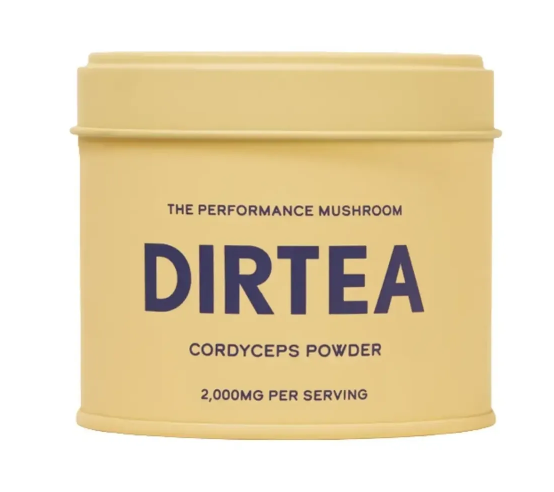
The Cordyceps Mushroom Powder was another interesting addition. I used it before workouts, and it seemed to enhance my energy levels and endurance. The taste was a bit stronger, but it was worth it for the performance boost. Purchase it here: Cordyceps Mushroom Powder.
Reishi Mushroom Powder
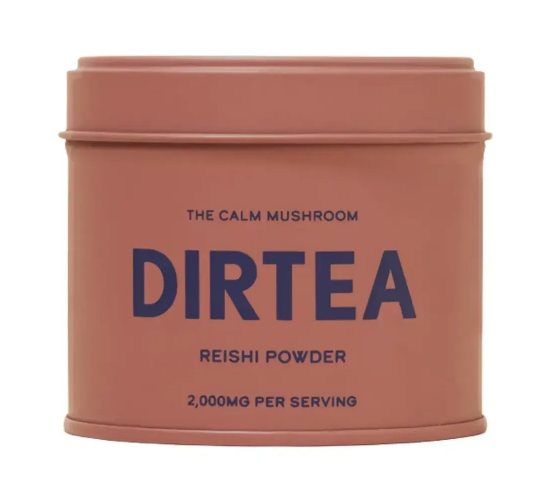
The Reishi Mushroom Powder stood out for its calming effects. I enjoyed it in the evening, and it helped me unwind and relax before bed. Its flavor was earthy but pleasant. Grab it here: Reishi Mushroom Powder.
Tremella Mushroom Powder
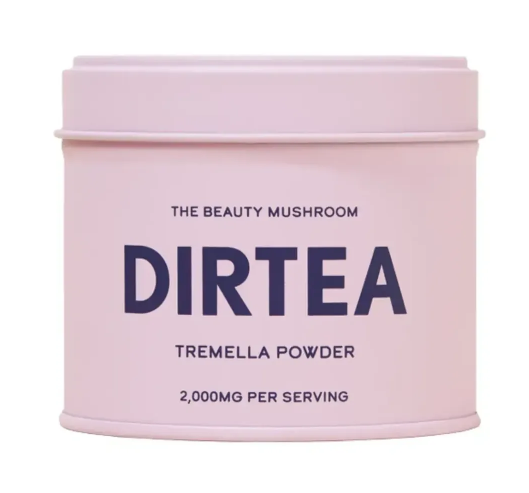
For a refreshing twist, the Tremella Mushroom Powder was great for adding to my hydrating drinks. It’s said to support skin hydration, and I noticed a bit of a glow. The flavor was light and almost floral. Find it here: Tremella Mushroom Powder.
Turkey Tail Mushroom Powder
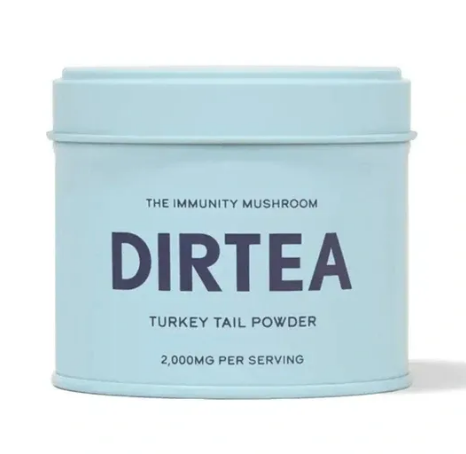
The Turkey Tail Mushroom Powder was a versatile option. I mixed it into soups and stews, and it provided a subtle umami flavor. Known for its immune-boosting properties, it’s a fantastic addition to a wellness routine. Get it here: Turkey Tail Mushroom Powder.
Shroom Shop Mushroom Powder
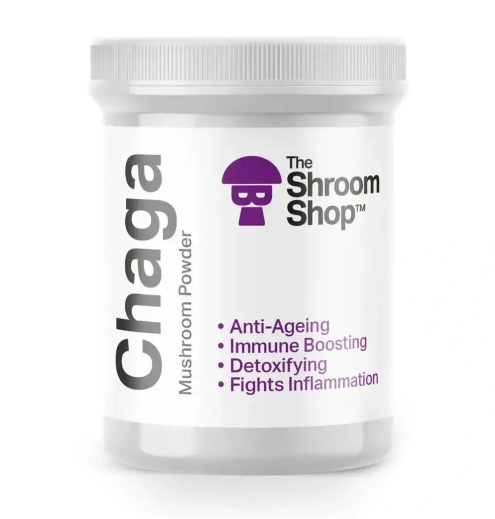
The Shroom Shop Mushroom Powder was a great all-rounder. It mixed well into various dishes and drinks, offering a balanced flavor and potential benefits. You can find it here: Shroom Shop Mushroom Powder.
Dirtea Mushroom Super Blend Matcha
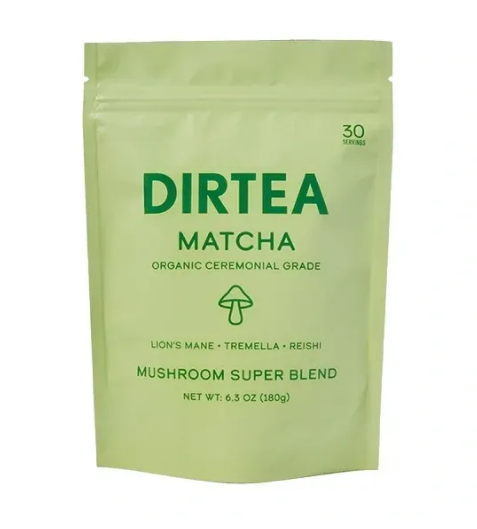
The Dirtea Mushroom Super Blend Matcha was a fun twist. Combining mushroom powder with matcha, it gave a unique flavor and an extra energy boost. It’s perfect for those who love a bit of green tea with their shrooms. Check it out here: Super Blend Matcha.
Orange County Brain Food Mushroom Blend
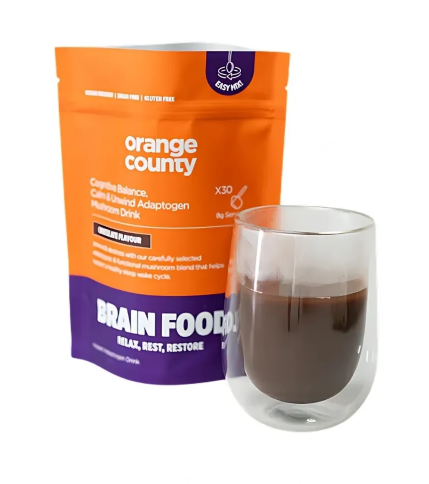
Lastly, the Orange County Brain Food Mushroom Blend was my go-to for a cognitive lift. The blend of mushrooms was designed to support brain function, and it was easy to mix into my daily routine. Find it here: Brain Food Mushroom Blend.
Overall, each mushroom powder offered its unique flavor and benefits. I enjoyed experimenting with them and found some great additions to my wellness routine. Happy mushrooming!
What is mushroom powder?
Mushroom powder is a finely ground form of dried mushrooms, used as a supplement or ingredient in various recipes. It retains the beneficial compounds of the mushrooms, such as beta-glucans, antioxidants, and polysaccharides, making it a convenient way to incorporate mushrooms into your diet.
How do I use mushroom powder?
You can use mushroom powder in a variety of ways, including adding it to smoothies, coffee, soups, or sauces. It can also be mixed into baking recipes for an added nutritional boost or used as a seasoning for a savory flavor.
What are the benefits of mushroom powder?
Mushroom powder offers numerous health benefits depending on the type of mushroom. Common benefits include improved immune function, enhanced cognitive performance, increased energy levels, and better stress management. Each mushroom variety, like lion’s mane, chaga, or reishi, has its unique health-promoting properties.
How much mushroom powder should I take daily?
The recommended dosage of mushroom powder varies by type and purpose. Generally, a common daily dose ranges from 1 to 3 grams. It’s best to follow the product’s guidelines or consult with a healthcare professional for personalized advice.
Are there any side effects of consuming mushroom powder?
Mushroom powder is generally safe for most people when consumed in recommended amounts. However, some individuals may experience digestive discomfort or allergic reactions. If you have a pre-existing health condition or are pregnant, consult your doctor before starting any new supplement.
How should I store mushroom powder?
To maintain its potency and freshness, store mushroom powder in a cool, dry place away from direct sunlight. An airtight container is ideal for preventing moisture and contamination, which can affect the powder’s quality.
Can mushroom powder be used in cooking?
Absolutely! Mushroom powder can be a versatile ingredient in cooking. It can be stirred into soups, stews, or sauces for added umami flavor, or incorporated into recipes like baked goods for an extra nutritional boost.
How does mushroom powder differ from mushroom capsules?
Mushroom powder and mushroom capsules both provide the benefits of mushrooms but differ in form and usage. Mushroom powder is a versatile ingredient that can be added to various foods and drinks, while capsules are convenient for those who prefer a no-fuss, precise dosage.
Are mushroom powders organic?
Many mushroom powders are available in organic forms, made from mushrooms grown without synthetic pesticides or fertilizers. Check the product label or manufacturer’s website to ensure you’re getting an organic option if that’s important to you.
How can I choose the best mushroom powder?
To choose the best mushroom powder, look for products with high-quality, whole mushrooms rather than mycelium or fillers. Check for certifications like organic or third-party testing for purity. Reviews and product descriptions can also provide insights into the effectiveness and quality of the powder.
While I strive to provide an unbiased and thorough evaluation of these products based on my personal experiences, it’s important to remember that my views reflect my own opinions and results, which may vary for others. The free receipt of these products does not influence my review, and I aim to offer a genuine perspective on their quality and effectiveness. Always consider consulting with a healthcare professional before adding any new supplement to your routine, especially if you have pre-existing health conditions or concerns.
Shroom-tastic Finds: Discover More Hidden Gems from House of Shrooms!
Mushroom Capsules
Mushroom capsules are a popular and convenient way to incorporate the benefits of mushrooms into your daily routine. They typically contain powdered mushroom extracts, and are used for their potential health benefits, such as enhanced cognitive function, immune support, and stress relief. According to studies from institutions like the National Institutes of Health (NIH), mushrooms like Lion’s Mane, Reishi, and Chaga offer various therapeutic effects. In the UK, mushroom capsules are generally classified as dietary supplements, which must comply with the Food Supplements Regulations 2003. In the USA, they fall under the category of dietary supplements as well, regulated by the Food and Drug Administration (FDA). The main difference is the FDA’s more stringent standards for evidence of claims.
Mushroom Coffee
Mushroom coffee blends traditional coffee with mushroom powders, such as Chaga or Lion’s Mane, to provide added health benefits while potentially reducing the caffeine jolt. Research from institutions like Harvard University has shown that mushrooms can offer antioxidants and cognitive support. In the UK, mushroom coffee is categorized as a food product and must meet food safety regulations. The USA treats it similarly, under the FDA’s food safety regulations, but often with more relaxed rules on functional claims compared to the UK.
Mushroom Drinks
Mushroom drinks come in various forms, including ready-to-drink beverages and concentrated powders that you mix with water. These drinks are designed to offer the benefits of mushrooms in a refreshing format. Studies from the University of California have highlighted the potential immune-boosting and anti-inflammatory properties of mushroom extracts. In the UK, mushroom drinks are considered food products and must comply with food safety regulations. In the USA, they are also considered food products, but the FDA’s approach to claims can be less restrictive, allowing for broader marketing of purported benefits.
Mushroom Gummies
Mushroom gummies are a fun and tasty way to consume mushrooms, especially if you dislike the taste of raw mushroom extracts. These gummies often combine mushroom powders with sweeteners and other flavors. According to research from the American Mycological Society, they can offer benefits similar to other mushroom products, such as immune support and cognitive enhancement. In the UK, gummies are classified as food supplements and must adhere to specific safety and labeling regulations. The USA treats them as dietary supplements, with the FDA overseeing their safety and efficacy, although the regulatory environment is generally less stringent compared to the UK.
Mushroom Extract
Mushroom extracts are concentrated forms of mushroom compounds, usually prepared by extracting the active ingredients from mushrooms using solvents or hot water. These extracts are valued for their potent health benefits, including support for immunity and mental clarity, as noted in studies from the National Center for Complementary and Integrative Health (NCCIH). In the UK, mushroom extracts are regulated as food supplements, requiring adherence to strict safety standards. In the USA, they are categorized as dietary supplements and are subject to FDA regulations, which focus more on product safety than efficacy claims.
UK vs USA Laws
In the UK, mushroom products are generally regulated as food supplements, with stringent rules governing their safety, efficacy claims, and labeling. The European Food Safety Authority (EFSA) oversees these regulations. In contrast, in the USA, mushroom products are categorized as dietary supplements, regulated by the FDA, which tends to have less stringent requirements for proof of efficacy but still enforces safety standards. This means that while both countries regulate mushroom products to ensure safety, the UK has a more rigorous approach to health claims.
This guide provides a snapshot of these mushroom products and their regulatory landscapes, helping you make informed choices whether you’re in the UK or the USA.
4o mini
- Why Can’t You Get Lip Filler When Pregnant - November 11, 2025
- What Is The Best Age To Use Radiesse? - November 10, 2025
- What Are Dermal Fillers For Ears? - November 8, 2025

